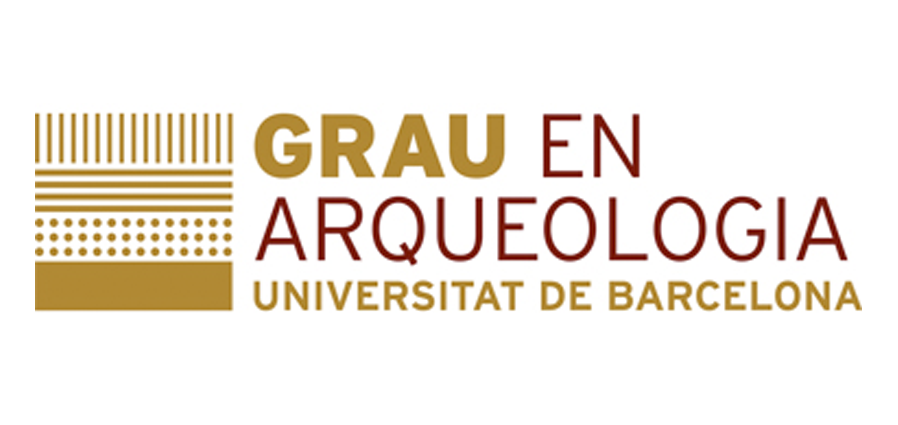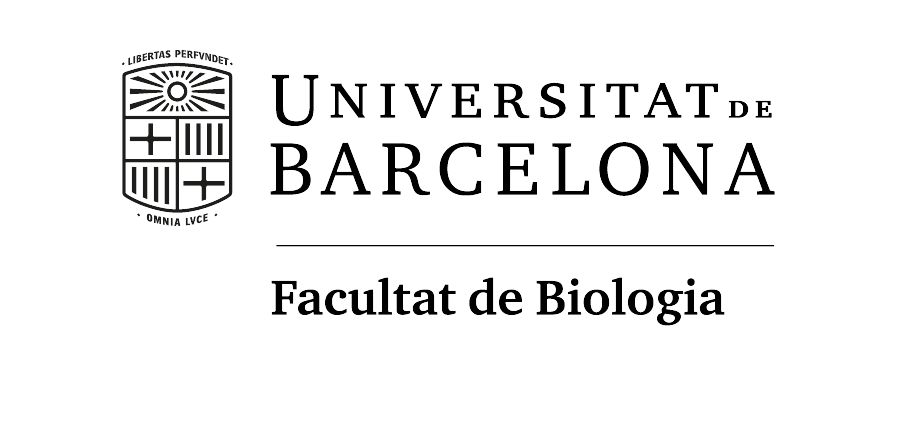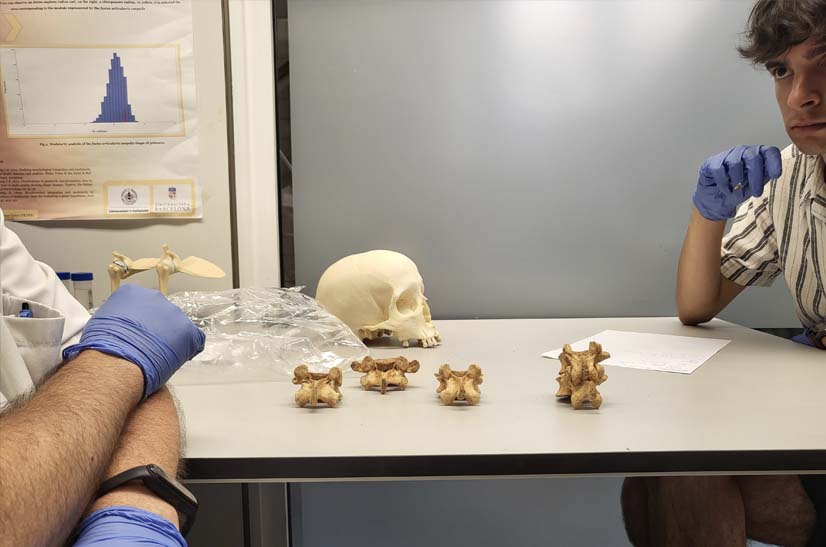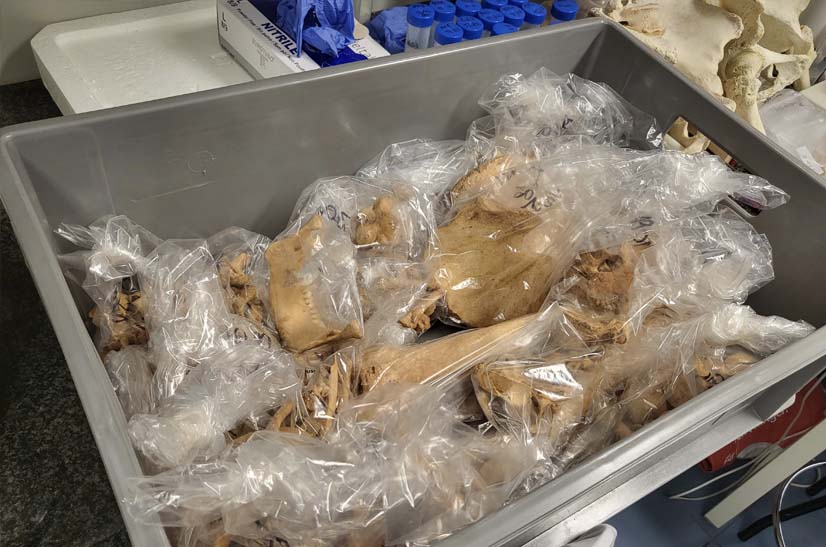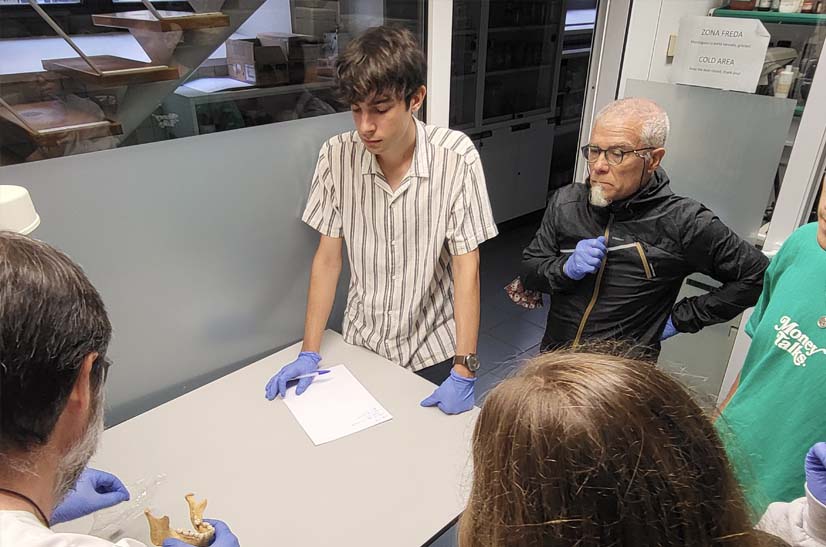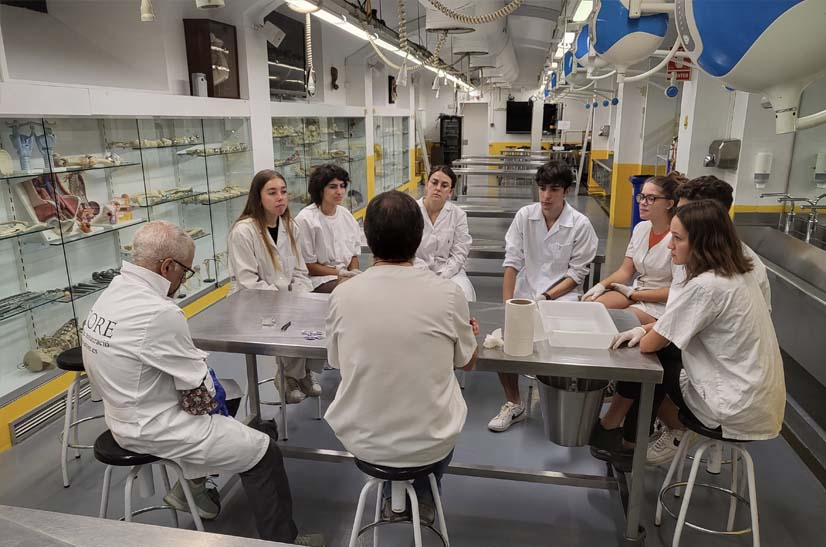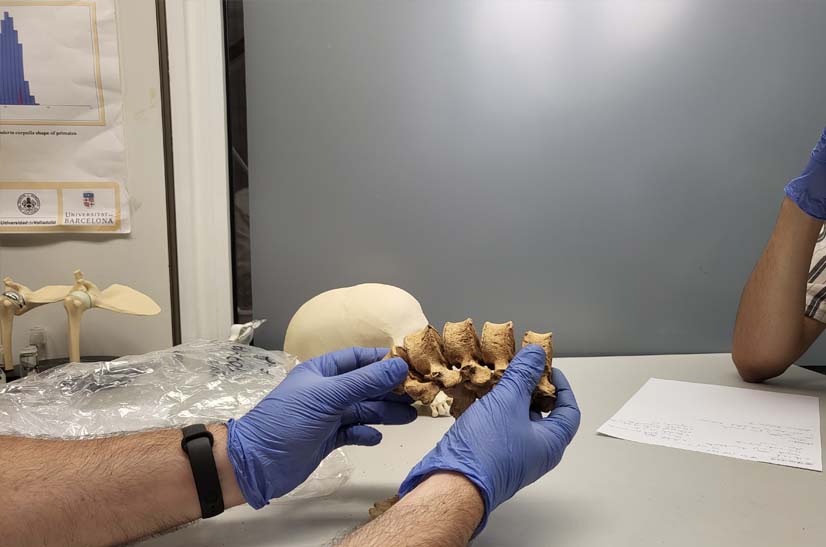Education
Education
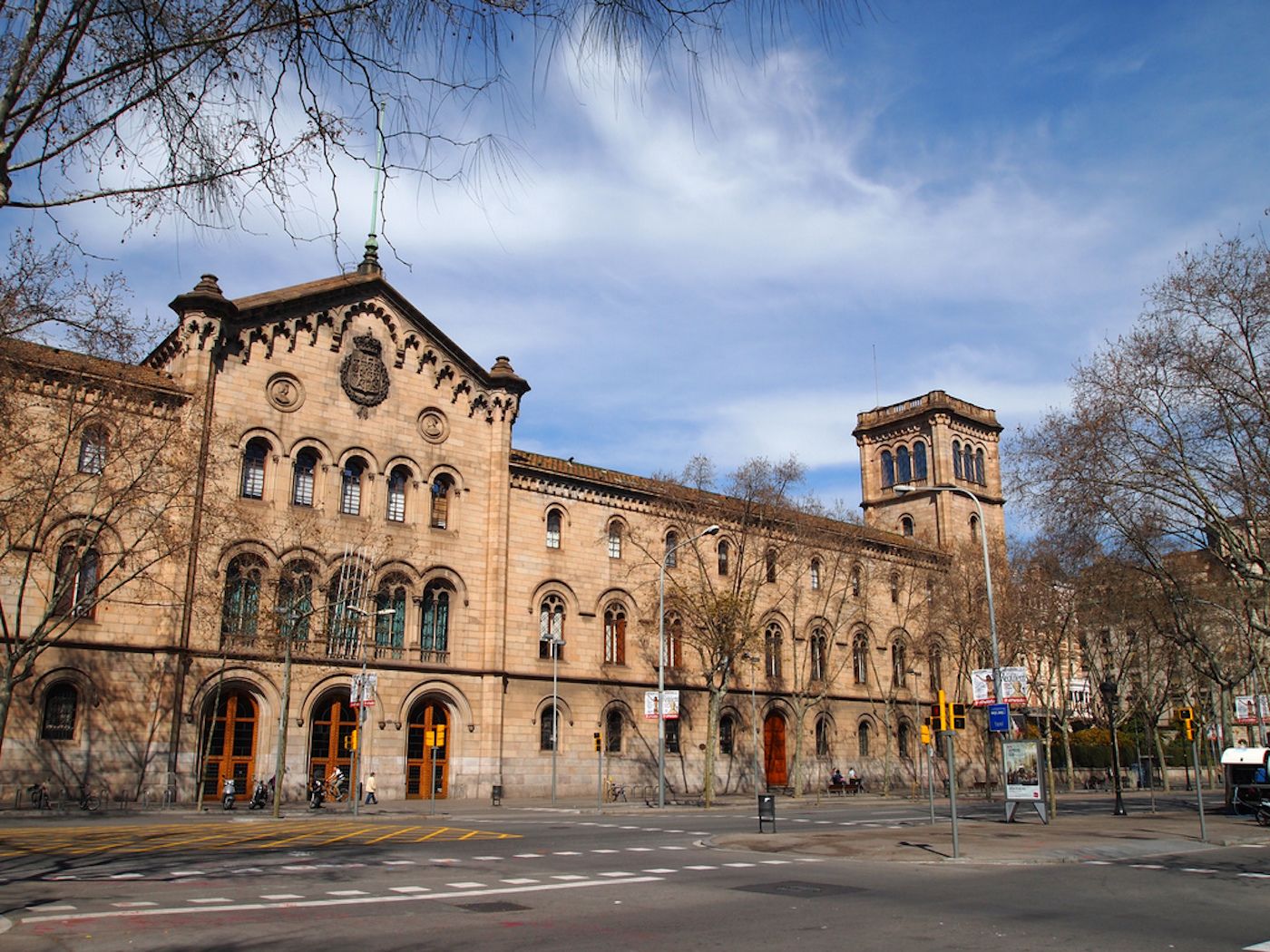
Among the aims of the IAUB, there is a strong commitment towards formative initiatives, through research but also in academic collaboration with different departments across the university.
The IAUB is involved in the BA of Archaeology, the Master of Advanced Studies in Archaeology, and the doctoral program Society and Culture, which are the main formative instruments in Archaeology at UB.
The University of Barcelona is the most recognised in Spain according to the most international rankings on the quality of teaching and research. The Degree in Archaeology is based on a first-rate scientific and research structure with the IAUB and its several Quality Research Groups and the leadership of numerous national and international research projects, all of them of great relevance, which is the ideal framework for the training of the student. Currently, the Degree in Archaeology of the UB is considered the best in Spain and is one of the best in Europe and the world according to the QS World University Rankings.
The Degree in Archaeology is characterized by a high practical content with a considerable number of excavations in emblematic sites, one of them underwater, and of different periods. The degree also encourages national and international mobility through agreements with several universities.
The Degree in Archaeology is taught at the Faculty of Geography and History, located in the Raval Campus, in the centre of Barcelona. This location allows interaction with a large number of cultural institutions. The building has a specialized library, computer rooms, three archaeological laboratories, one for applying techniques typical of experimental sciences, and a field of practices on a real foundation: the workshop of the ceramist Tarrés.
The Master’s Degree in Advanced Studies in Archaeology offers comprehensive training in the analytical sciences applied to Archaeology and Prehistory. Its main objective is to provide knowledge and tools to be able to analyse and interpret the archaeological record from a multidisciplinary perspective and train students in new methodologies and techniques from other disciplines.
The master’s degree proposes an innovative approach, by promoting the approach to Archaeology from a different perspective that includes training in physical and chemical methods for the study of materials, the paleoenvironment, animal and plant resources, geoarchaeology, etc., as well as in digital advances and GIS tools.
The objective of the master’s degree is twofold: the development of a professional profile in the management of public and private archaeology and the beginning of a research career that leads the student to the completion of the Doctoral Thesis in Archaeology and a future researcher.


The master’s degree in Biological Anthropology aims to offer graduates in experimental sciences and humanities up-to-date training on human biodiversity, its origin, evolution and biomedical implications. The degree responds to the growing demand for specialists in the field of human biology and physical anthropology, providing knowledge and methodologies specific to the speciality and its related areas (physiology, genetics, zoology, medicine, archaeology).
In recent years, public cultural policies and the social revaluation of heritage have led to the creation or expansion of numerous heritage institutions and cultural facilities that need qualified professionals for the conservation, dissemination and management of heritage. This master’s degree offers professional training to work in museums, heritage institutions, public bodies and cultural companies, in addition to foreseeing the new professions and profiles related to heritage management.
It has a fundamentally professional character: the main objective is to offer students theoretical and practical training that allows them to master the tools necessary to exercise in the professional field of heritage.
Likewise, it highlights the fact that it is eminently interdisciplinary – both in an organisation and in content since university professors from fourteen different departments participate – and interfaculty, with professors from seven faculties. In addition, it has the participation of a good number of specialists from mobility programs, both from Spain and abroad, as well as invited external teachers.
The master’s degree aims to train professionals specialized in the design of original and innovative applications or projects in the field of digital humanities and the management of digital heritage. For this, it will be necessary that they be experts in the use of different techniques and types of representation of digital data, in digital technologies for the treatment of different types of data and the current regulations regarding the authorship, use, reproduction and dissemination of knowledge and digital objects.
The areas of work of these professionals are museums, temporary exhibitions, libraries, archives, the publishing sector, cultural management companies and collaboration in research projects in humanities and social sciences.
The doctoral program Society and Culture: History, Anthropology, Arts and Cultural Heritage, created in the academic year 2014-2015 has as a main goal to provide a quality offer in several specialities in the field of History, Anthropology, Arts and culture Heritage and Cultural Management.
In particular, the line on History and Archaeology and the one on Management of Culture and Heritage is the most concentrated of our PhD students.
IAUB Courses
In addition, the IAUB promotes specialization courses in several subjects.
This course, organised in collaboration between the IAUB and the Servei d’Arqueologia de Barcelona for the first time in September 2022, has as its main aim to study, in detail, the morphology of the bones of the human body to acquire competency in their identification.
Specific objectives:
-
- Know the key elements in the identification of osteological remains insertions
- Know how to identify the main regions of ligamentous insertions
- Analysing the sexual dimorphism of bear remains
- Acquire basic knowledge of bone pathology
Responsibles: Josep Maria Potau, Aroa Casado.
